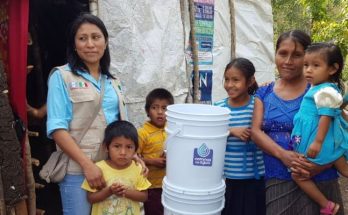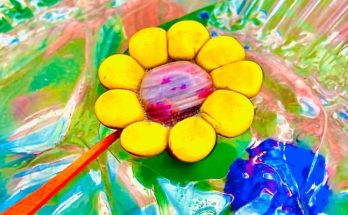By Joseph Plummer
UUFSMA Board Secretary
This weekend’s UUFSMA Sunday Service celebrates Earth Week, and guest speakers Jurgen Ahlers and Stephanie Studenski will explore the analogy of the human body’s many interdependent components as a way of thinking about the crucial systems that sustain the health of planet Earth.
As climate change, biodiversity, sustainability, cultural-political “fault lines,” and other global issues converge, current and future generations face a growing imperative to work toward a better world through respect and collaboration. Interdependency means mutually dependent reliance on one another.
Humanity has no other choice besides maintaining its wholeness. The whole is greater than the sum of its parts. Fragmented approaches portend systemic failures.
Each factor in an ecosystem depends on every other factor. Striving for wholeness by recognizing the interdependent web of life demands vigilance and responsible, timely action. This imperative applies to both the ecosystem within our own bodies and the greater ecosystem of the Earth.
Living bodies are miracles of collaboration. Their different parts coordinate with each other constantly. Each part monitors for disruptions. Each can warn other parts and undertake corrections to keep the whole body in dynamic balance. A body’s balance is not fixed or static. While interacting with its environment, a body encounters many stressors, and its self-correcting bio-mechanisms keep it healthy. These dynamic interactions embody the interdependent web of life within each of us.
A similar dynamic governs the interconnected ecosystems that sustain the health of the Earth. One of the best examples of this interdependency exists in tropical rainforests like the Amazon River basin, which consists of hundreds of ecosystems that sustain life for thousands of species. Moreover, the Amazon system interacts constantly with earth’s other major ecosystems. Unfortunately, human activity threatens the entire Amazonian ecosystem. As Sunday’s speakers will make clear, people no longer have the luxury of time to contemplate whether to act to save the Earth’s interdependent webs of life.
Stephanie Studenski is a retired medical doctor and scientist who specialized in geriatric research at three major universities and the U.S. National Institutes of Health. Jurgen is an ordained Presbyterian minister.
To participate in our online Sunday Service, visit www.uufsma.org and click on the Zoom Service button on the home page. If requested, enter password 294513. Sign-in from anywhere Sunday mornings between 10:15 and 10:25am Central Time.
UUFSMA usually donates at least 50 percent of its income to support nonprofit organizations that provide health, educational, and environmental services for underserved communities in the San Miguel region. Please support this work by clicking on the website home page Donate button. Now more than ever, your support is essential.
In addition to continuing live Zoom services, UUFSMA has returned to limited in-person Sunday services. Reservations are no longer necessary. Space permitting, guests who show their vaccination card can join the in-person service (and be approved for future attendance). Our Fellowship welcomes people of all ages, races, religions, sexual orientation, and gender identity. Enjoy previous services at https://www.youtube.com/. Enter UUFSMA in the search box.
Unitarian Universalist Fellowship Service
“Embracing the Interdependent Web of Life”
Speakers: Jurgen Ahlers and Stephanie Studenski
Sunday, April 24, 2022
10:30am
Zoom link: https://zoom.us/j/414604040
Password: 294513




